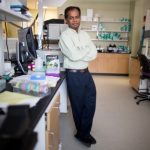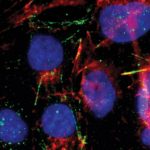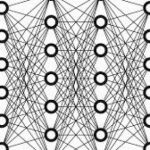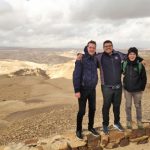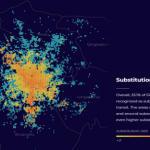Rapid antibody development yields possible treatment for...
Yellow fever, a hemorrhagic disease that is common in South America and sub-Saharan Africa, infects about 200,000 people per year and causes an estimated 30,000 deaths. While there is a vaccine for yellow fever, it can’t be given to some people because of the risk of side effects, and there are no approved treatments for the disease. An international team of researchers, led by MIT Professor Ram Sasisekharan, has now developed a potential treatment for yellow fever. Their drug,...

